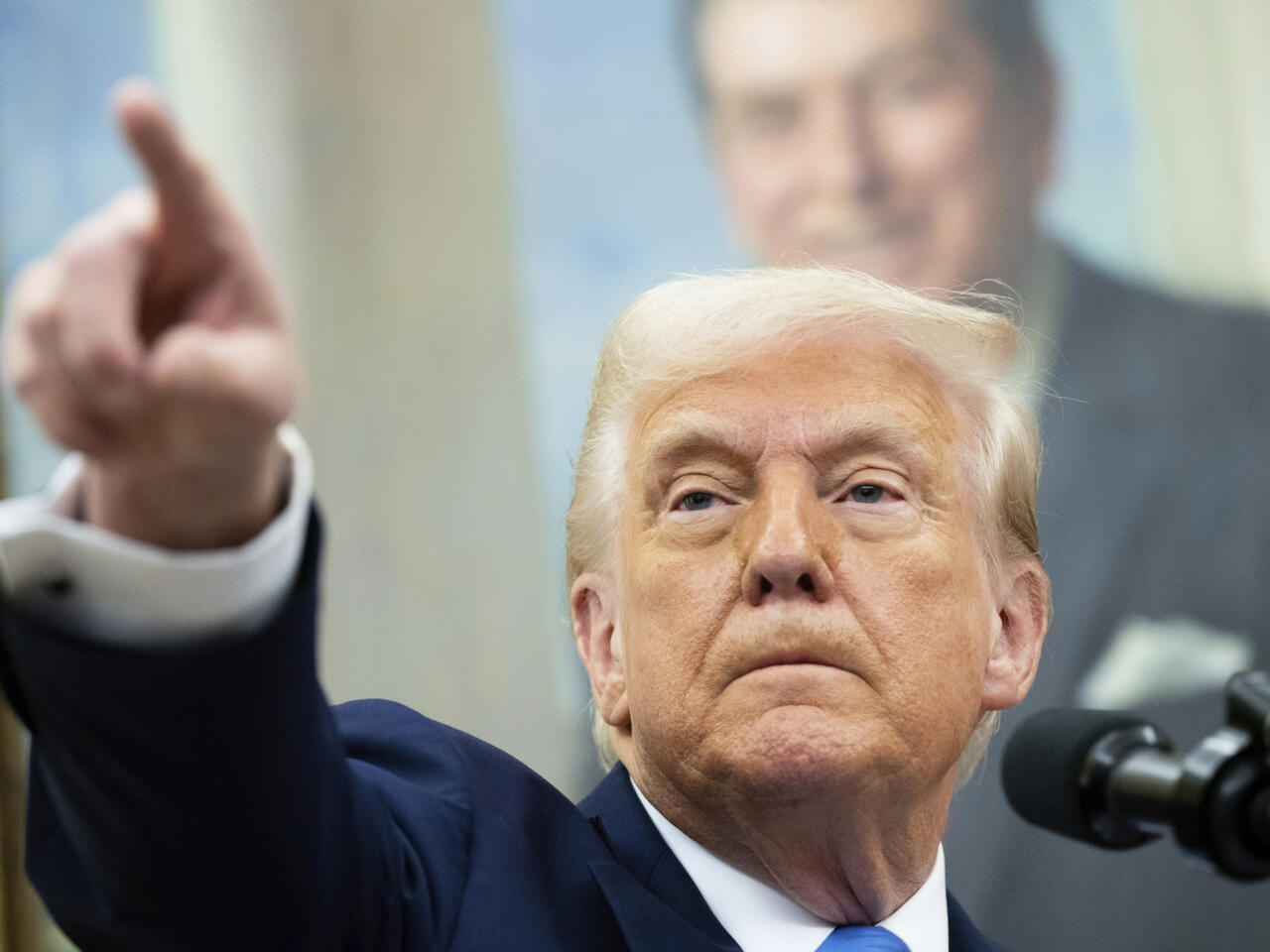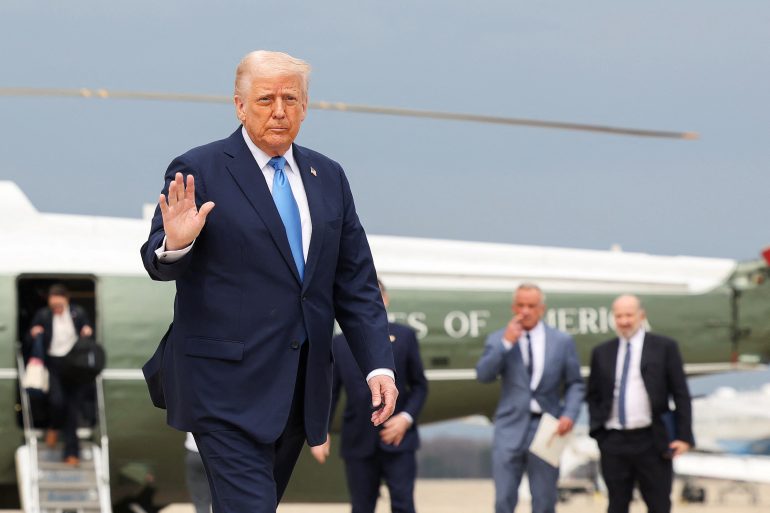The Trump administration has extended its influence over foreign businesses by requiring certain French companies with U.S. government contracts to comply with an executive order banning diversity, equity, and inclusion (DEI) programs. This directive highlights the extraterritorial reach of U.S. policies, raising concerns about their impact on European corporate practices.
A questionnaire, titled “Certification Regarding Compliance With Applicable Federal Anti-Discrimination Law,” has been sent to these companies, asking them to confirm their adherence to the order. This move demonstrates how the Trump administration’s policies are influencing global business operations.
Diverging U.S. and French Approaches to DEI Policies Fuel Tensions in Transatlantic Relations
The U.S. and France have significantly different approaches to DEI initiatives. In the U.S., companies have embraced diversity policies, often tracking race and ethnicity data while setting diversity targets. Conversely, France’s secular approach restricts such practices, with laws limiting data collection on race and ethnicity.
French corporate efforts typically focus on gender and socioeconomic background rather than race or ethnic diversity. This discrepancy raises questions about the practical changes companies may need to implement to comply with U.S. demands.

The Trump administration’s push to enforce these policies has intensified economic and political tensions between the U.S. and Europe. Since President Trump’s inauguration, his “America First” policies have strained transatlantic relations, particularly regarding trade tariffs, security ties, and now corporate diversity practices.
The U.S. government’s demand for compliance from French companies further complicates an already fraught relationship, prompting fears that the Trump administration may widen its efforts to influence DEI policies internationally.
French Government Rejects U.S. Intervention in Corporate Diversity Policies, Defends European Values
The French government has expressed strong opposition to the U.S. intervention in corporate diversity practices. France’s Ministry of Foreign Trade labeled the American demands as “unacceptable” and criticized the potential imposition of unjustified tariffs. The ministry emphasized that France and Europe would defend their businesses, consumers, and values against external interference. This response highlights the growing discontent in Europe with U.S. policies that extend beyond national borders, particularly in areas of social and corporate governance.
The U.S. questionnaire also raises broader concerns about the extraterritorial reach of American policies. While it is unclear whether similar letters have been sent to companies in other European countries, the situation illustrates how U.S. policies can impact businesses globally, irrespective of their home country. This has significant implications for multinational corporations that must navigate complex and often conflicting regulatory environments in both the U.S. and Europe.

